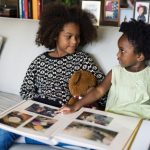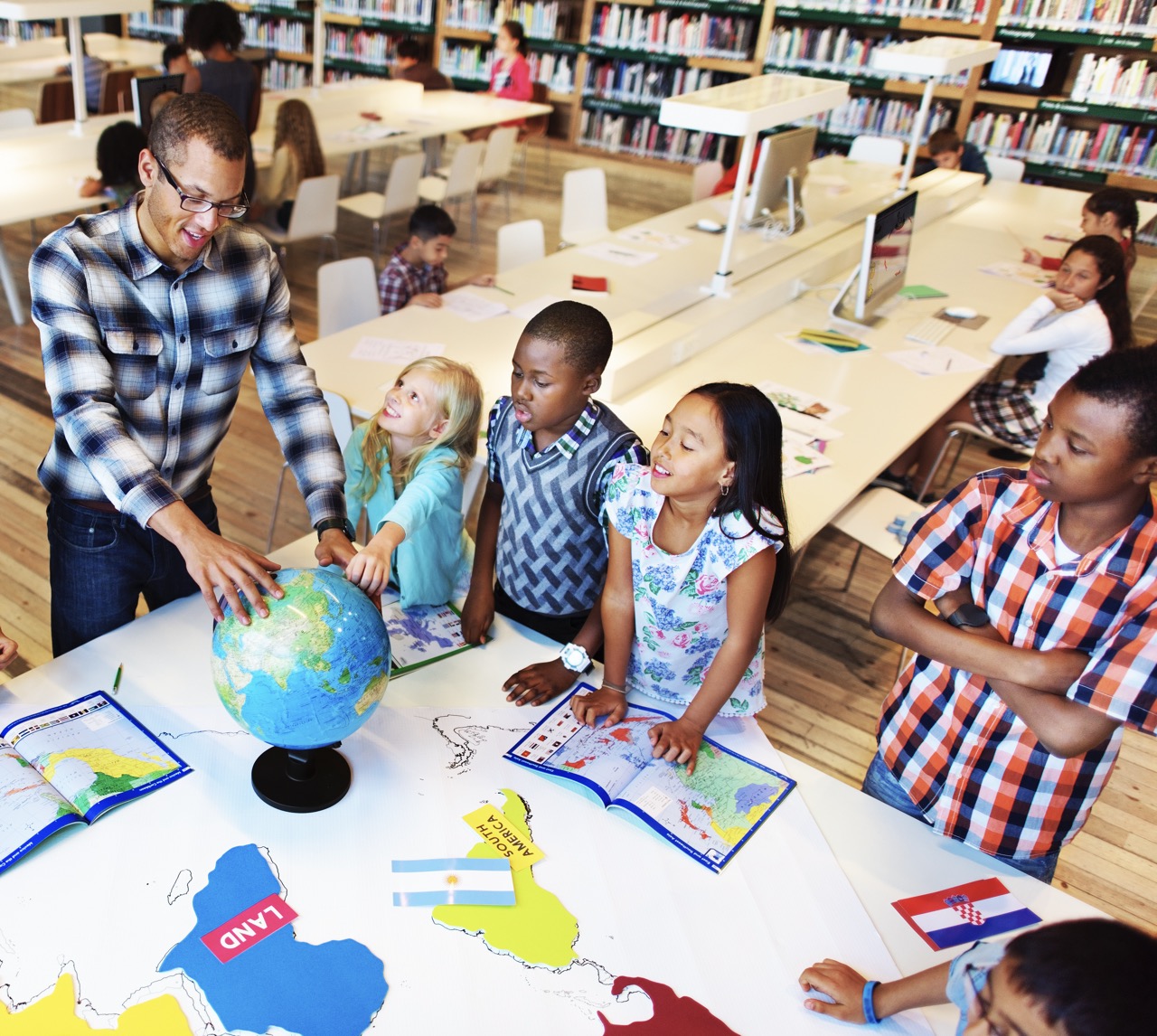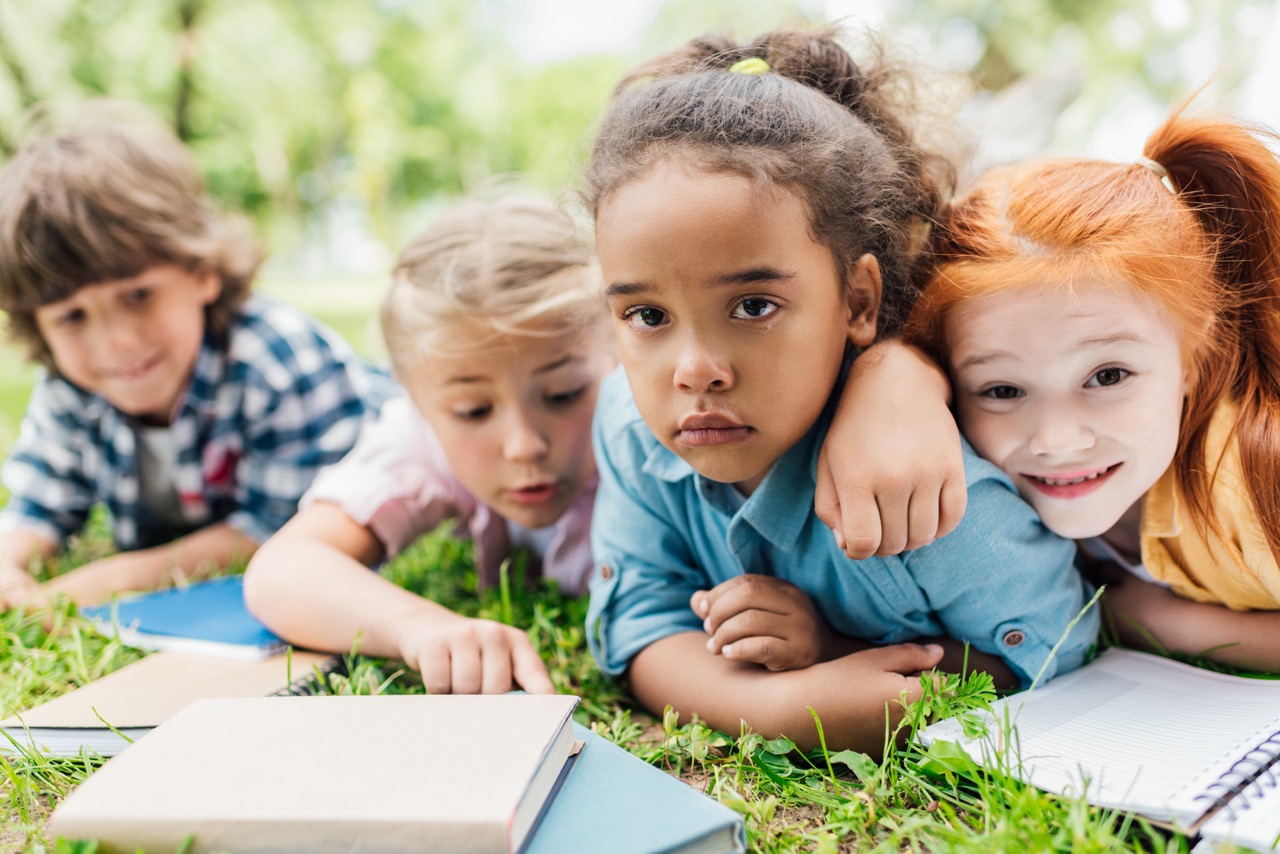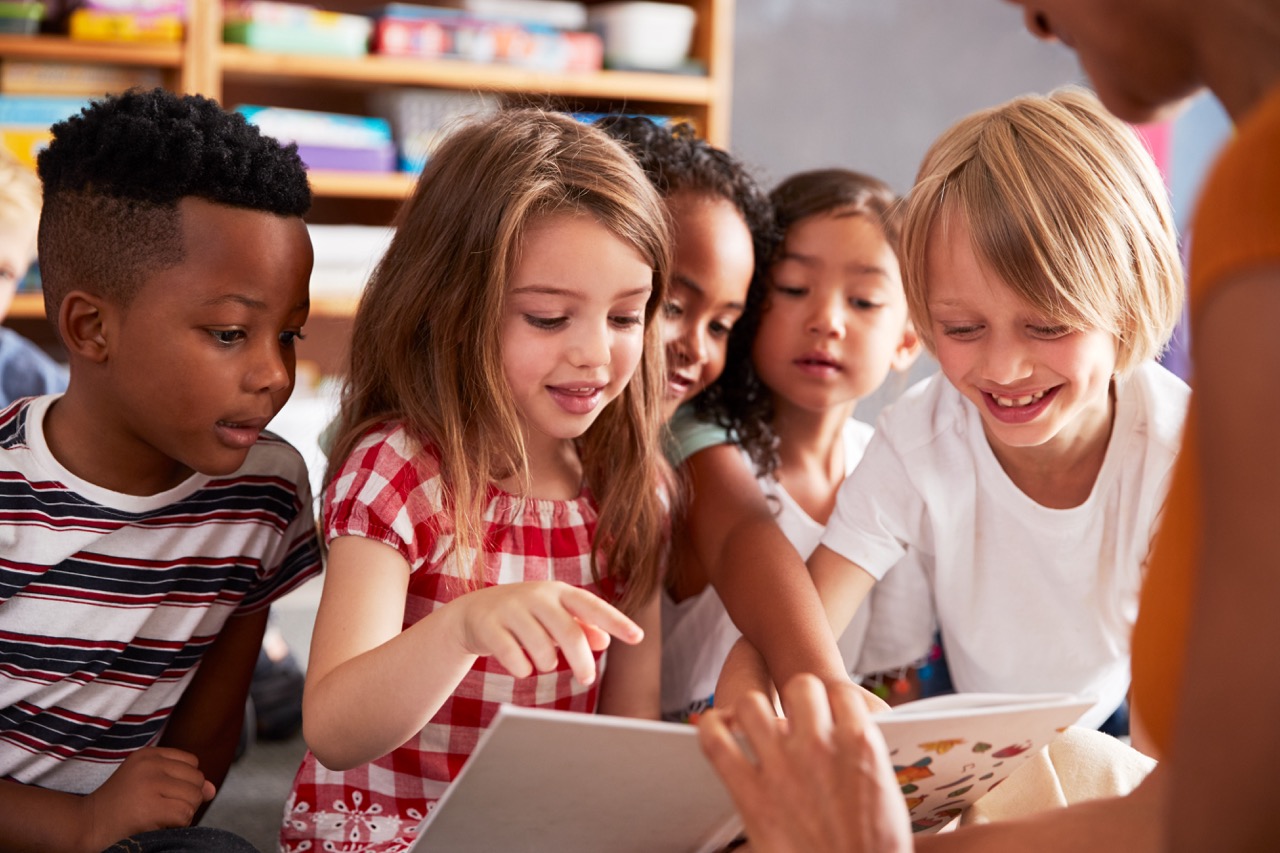In today’s fast-paced world, where technology often competes for children’s attention, fostering a love for reading is more critical than ever. As children reach various reading milestones—whether it’s finishing their first book, moving up a level in their reading program, or simply showing an increased interest in literature—celebrating these achievements can significantly bolster their confidence and enthusiasm for reading. Acknowledging these milestones not only reinforces their hard work but also helps in nurturing a lifelong passion for literature.
The Importance of Acknowledging Reading Milestones
Recognizing reading milestones is essential for a child’s emotional and intellectual development. When parents and caregivers celebrate these achievements, it sends a powerful message that reading is valuable and worthy of recognition. This acknowledgment can significantly boost a child’s self-esteem, making them more likely to engage in reading activities going forward. A child who feels proud of their reading accomplishments is more likely to pursue further reading challenges with enthusiasm.
Moreover, celebrating milestones also helps children understand the progress they have made. As they see their skills improve, they develop a sense of accomplishment that can motivate them to tackle more complex texts. This sense of progression is crucial because it instills resilience; when children recognize that hard work leads to success, they become more willing to face challenges, both in reading and in other areas of life.
Lastly, when families make a habit of recognizing reading achievements, they create a supportive and encouraging environment. This culture of positivity around reading can foster a lasting love for books and literacy. Children are more likely to develop a positive attitude toward reading when they see that it is celebrated within their family, thus promoting a healthy, ongoing relationship with literature.
Strategies for Celebrating Your Child’s Reading Success
There are many effective strategies that parents can employ to celebrate their child’s reading milestones. One simple yet effective method is to host a family reading night where each member shares their favorite book or passage. This not only recognizes the child’s achievement but also promotes family bonding and creates a shared love for reading. Such activities can be made even more special with themed snacks or decorations that align with the stories being shared.
Another strategy is to create a Reading Achievement Wall in the home. This wall can showcase certificates, bookmarks, and other visual reminders of the child’s accomplishments. Each time they finish a book or reach a new level, they can add to this wall, which serves as a constant reminder of their growth and success. This visual representation can be a source of pride and motivation.
In addition to physical representations of success, verbal affirmations go a long way. Parents can make it a habit to offer specific praises—such as highlighting the themes the child enjoyed in a book or the difficulty of the words they mastered. This not only acknowledges the achievement but also makes reading feel meaningful and personal, enhancing the child’s connection to the stories they encounter.
Creative Ways to Reward Reading Achievements at Home
Rewarding reading achievements can be both fun and meaningful. Simple rewards like a sticker chart can motivate younger children to read more. Every time they finish a book or reach a milestone, they can add a sticker to their chart. Once they reach a certain number of stickers, a reward can be given, such as a visit to the library or a new book of their choice. This creates a visual cue of their progress and encourages continued engagement with reading.
For older children, consider implementing a "book of the month" club at home. Once they complete a book, they can select the next book for the family to read together. This not only acknowledges their achievement but also fosters discussion and deeper understanding of the material, creating a collaborative reading experience that binds the family closer together.
Additionally, thematic reading parties can be a delightful way to celebrate. After finishing a certain number of books, parents can organize a themed party based on a favorite book. This could involve costumes, themed games, and activities that reflect the story. Such immersive experiences make reading tangible and memorable, reinforcing the value of literature in entertaining and educational ways.
How to Involve Family and Friends in the Celebration
Involving family and friends in celebrating reading achievements can amplify the joy of recognition. One effective way to do this is by organizing a reading celebration party. Invite relatives and friends to gather for an event where the child can showcase their favorite book or read excerpts aloud. This not only boosts the child’s confidence but also creates a supportive community that values reading and literacy.
Social media can also play a role in involving others in these celebrations. Parents can share their child’s achievements on platforms like Facebook or Instagram, where friends and family can offer words of encouragement and congratulations. This public recognition can make the child feel even more special and proud of their accomplishments, reinforcing the positive feelings associated with reading.
Additionally, consider collaborating with other parents for a reading exchange program. Children can swap books with friends and have a mini-book club where they discuss their reads. This not only promotes reading but also builds friendships based on shared interests. Celebrating reading as a group helps children see that they are part of a larger community that values literacy, encouraging them to continue their reading journeys.
Encouraging Lifelong Reading Habits Through Recognition
Creating a culture of recognition around reading can have lasting effects on a child’s habits. When children regularly experience celebrations for their reading achievements, they start to associate reading with positive emotions. This connection is crucial in developing lifelong reading habits. The more they celebrate their reading, the more they will continue to seek out books and stories throughout their lives.
Moreover, regular acknowledgment of reading milestones encourages children to set personal reading goals. When they learn to track their achievements and celebrate them, they develop a sense of autonomy and responsibility towards their learning. This ability to set and achieve goals is not only vital in reading but also in other aspects of their education and personal development.
Lastly, instilling the habit of recognizing reading achievements in children fosters a community of readers. As they grow and share their love for reading with peers, they contribute to a culture that values literacy and education. This environment not only nurtures their individual reading habits but also encourages those around them to develop similar passions, creating a ripple effect that spreads the love of reading far beyond the home.
Inspiring Stories: Children Who Thrived from Celebrations
Numerous inspiring stories highlight how celebrating reading achievements has transformed children’s lives. For instance, a young girl named Mia struggled with reading at first but found joy in literature after her parents held a small celebration for her first completed book. They invited friends and family to share in her success, and this moment instilled in Mia a newfound confidence and passion for reading that she carries with her today.
Another story involves a boy named Lucas, who was initially reluctant to read. His parents started a reading challenge, celebrating each milestone with themed parties. After finishing a series of adventure novels, Lucas not only became an avid reader but also began writing his own stories—a passion ignited by the encouragement and recognition he received for his reading achievements. His transformation is a testament to the profound impact of celebrating small wins in reading.
Finally, a group of friends decided to form a reading club after experiencing the joy of shared reading achievements. They would meet regularly to discuss the books they read and host celebrations for milestones. This community of support not only solidified their friendships but also cultivated a lifelong love for reading. Their stories exemplify how recognition and celebration can transform reading from a solitary task into a vibrant, shared experience that enriches lives.
Celebrating your child’s reading achievements is more than just marking a milestone; it is a profound way to foster a love for literature that can last a lifetime. By acknowledging their progress, employing creative rewards, and involving family and friends, you can cultivate an environment that values and cherishes reading. As your child thrives in this supportive atmosphere, they will not only become a better reader but also carry the joy of storytelling into their future endeavors. Embrace these moments, and watch as your child flourishes in their literary journey.










